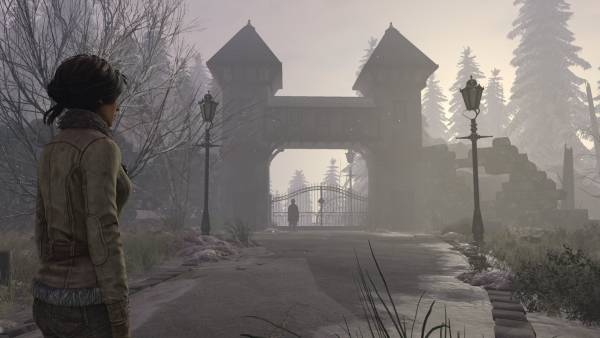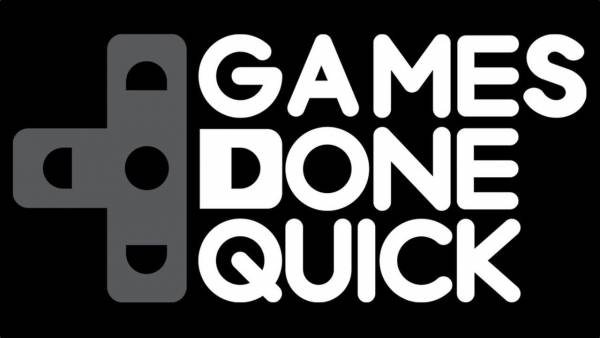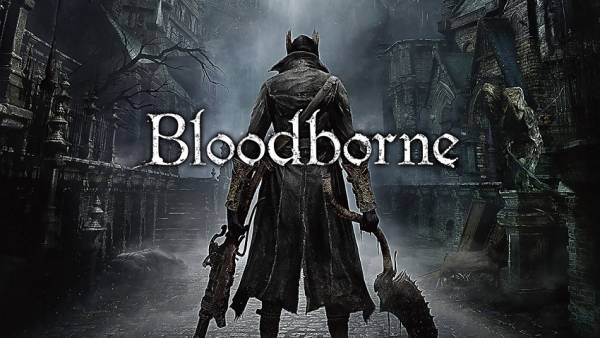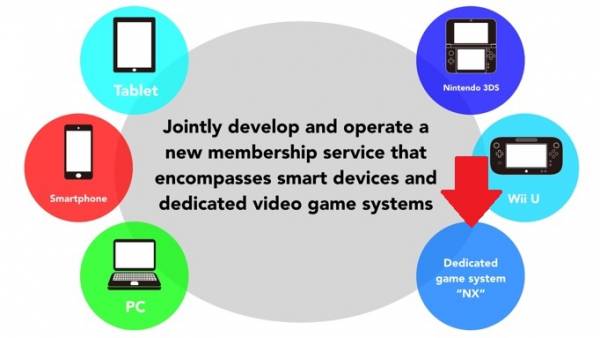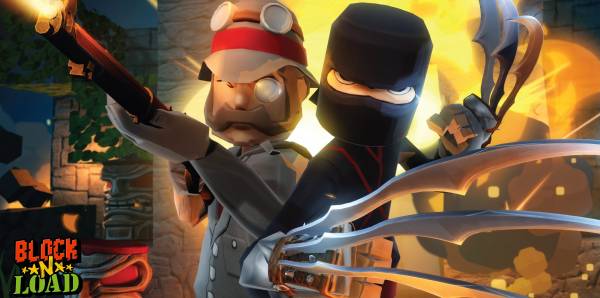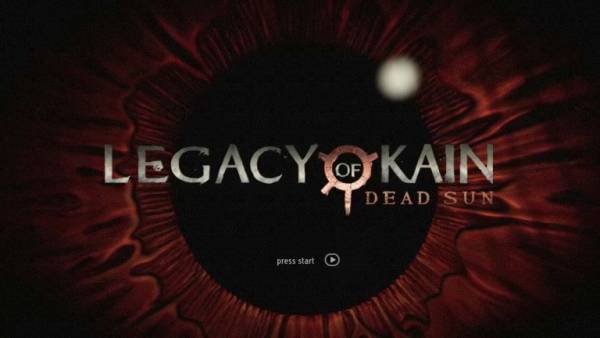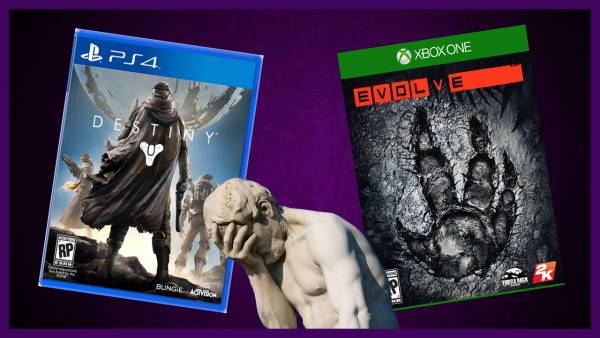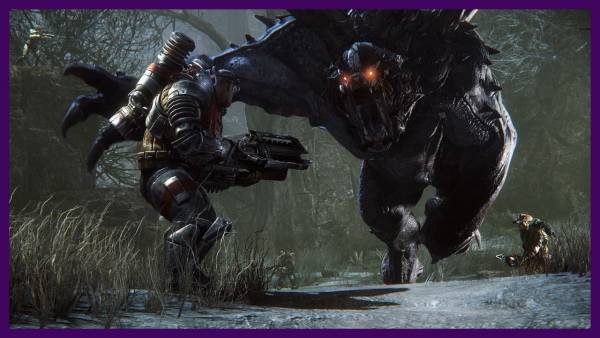Love isn’t something I find translates well into the world of gaming, yet we see it all the time. Very rarely do we play something that doesn’t have a crudely shoe-horned love interest, someone we are meant to give a damn about when they either get kidnapped or killed off. But why does it often miss the mark?
Well it isn’t technology. Some of the most memorable love stories are told entirely through text, but, then again, that plays upon the imagination. Final Fantasy VII struck a chord with a generation of RPG fans because the basic nature of the PS1’s graphical power largely left everything up to our imaginations. Thankfully the real meat of it was in the text, making that crucial connection between Cloud, Aerith, and possibly Tifa, something that has stuck in the collective conscious of the medium for almost twenty years..
Call me a romantic if you want, but there hasn’t been a single kiss in-game which I could ‘believe’. Given the uber-macho nature of most big releases, every high-five and fist-bump has enough polyfillergons to sink the Bismarck. If we can “realistically” render every varicose vein and lumpy muscle Sergeant Steriod-abuse has as he no-homo hand-shakes his best friend General Mega-Pecs, I think we have the ability to make it so two people having a passionate embrace looks even slightly possible.

Can You Feel The Love?
This isn’t a call for a harlequin romance video game series, although I would find it hilarious if it existed outside of the Japanese visual novel circles. Rather, a touch more effort in that department would be greatly appreciated. Mass Effect is an example of how to handle love well, as well as pathetically bad.
If you shack-up with Liara across the entire trilogy she follows an arc. Going from a naive archaeologist, to jaded information trader, to the centre of a massive spy network, her character changes dramatically after your supposed death. By the end, she is a different person from the experience you are at least partially responsible for; otherwise known as a character arc. That meant her outcome meant a damn to Shepard, which showed intimacy, crisis of confidence on both parts, and even a final good-bye.
The rest of the characters however boil down to “talk to them until they undress”, with very little character development coming post-coitus. Drop enough kind words, show up to a natter every few missions and they will eventually offer you the chance to dock your Normandy on their citadel. They may have their smaller storylines that happily conclude before the dirty deed, but it mostly comes off as a chance to see some pixelated arse-cheek rather than an in-character with actual ramifications. Ashley became a not-racist, Kaiden became slightly less awkward and Jack finally finds someone who accepts her for the anger balloon she is.

Check Out That Deep And Enriching Storyline
Much like real life, these things take time and don’t just happen due to close proximity. You can’t have two characters share a mission together and BOOM, the romance fairy gives you reason to drive the plot forward. If you want people to get behind it, it needs to show care, attention and actually have some basis in reality. There has to be some shred of humanity amidst whatever setting you have, which is hard given the time constraints games have to work within. Mass Effect had three games to work across, where as the average game now has somewhere between 8 to 15 hours. Perhaps it is a rather sad thing to say that we have mastered the ability to display and explore gore and hate, but rarely take the time to show the lighter side of life in games? Just please don’t give us a game equivalent of Sex in the City or Twilight, I may implode.
